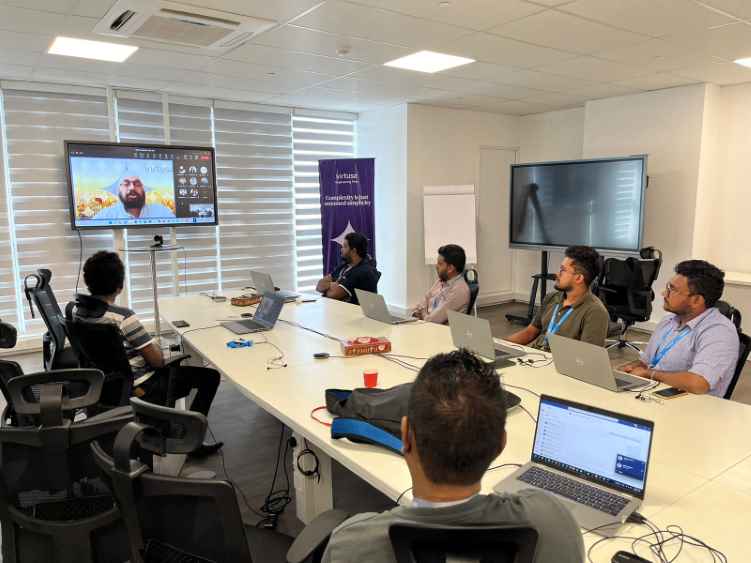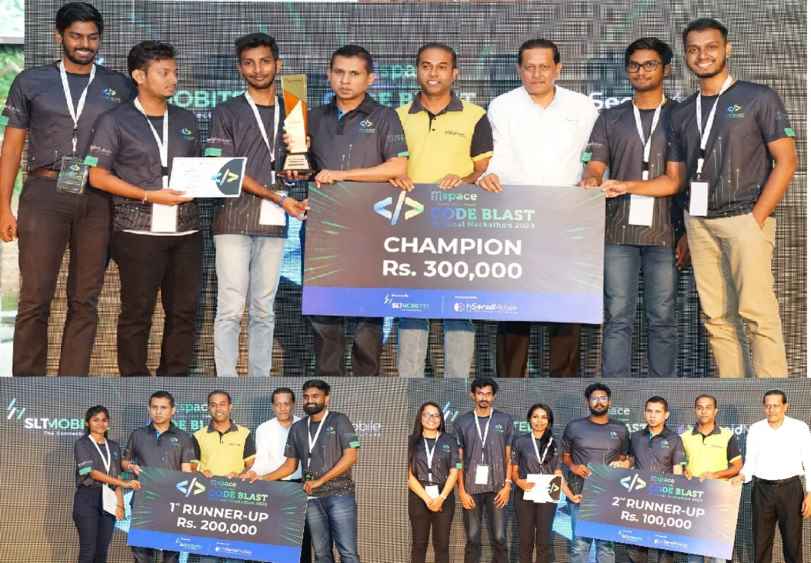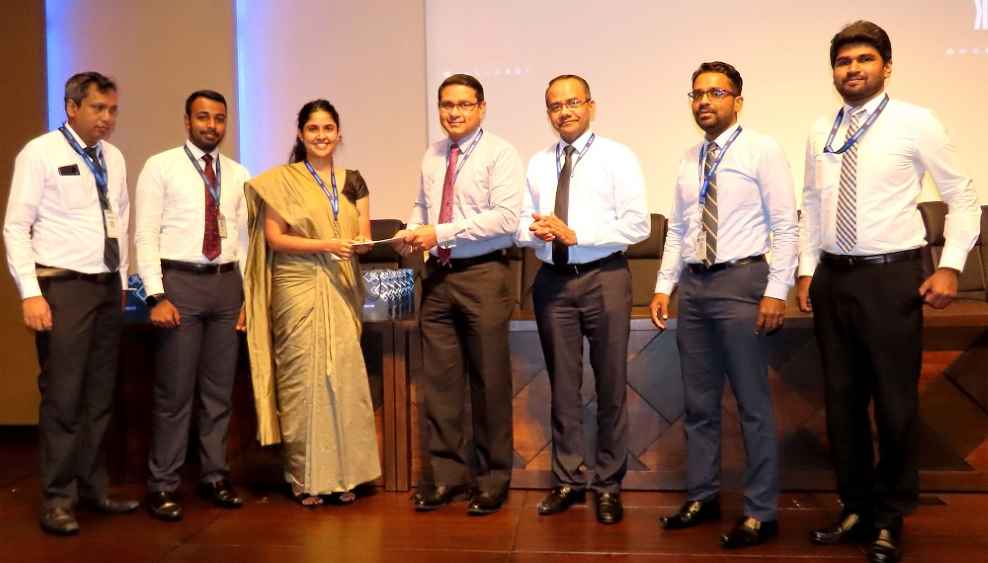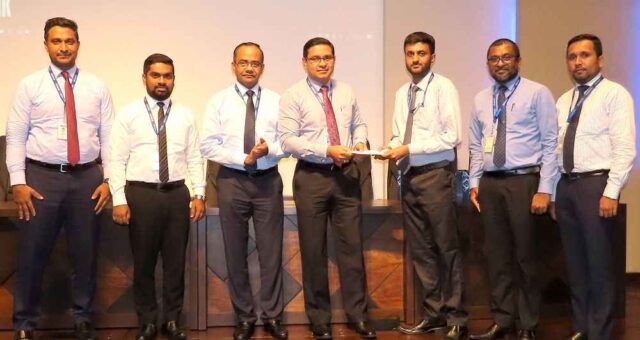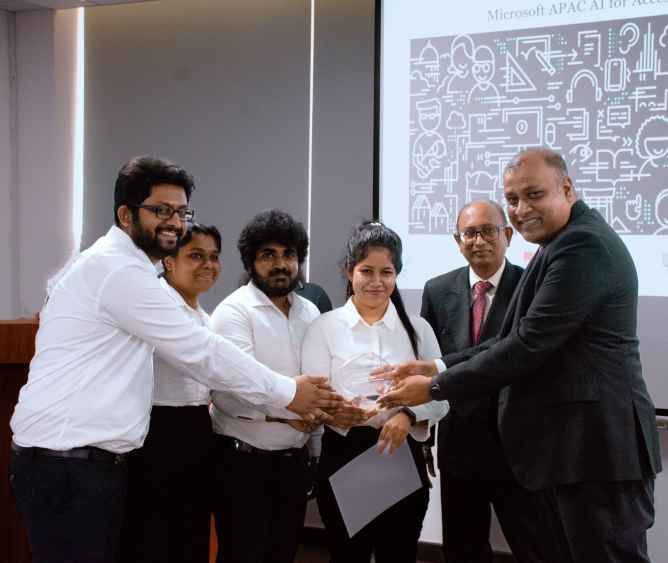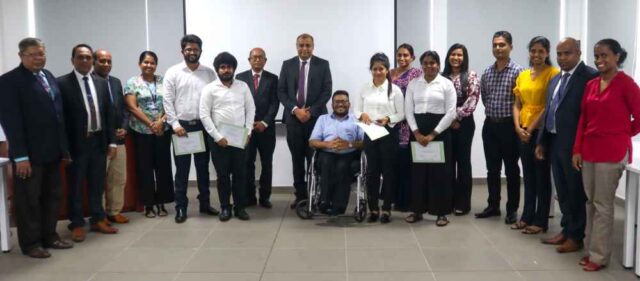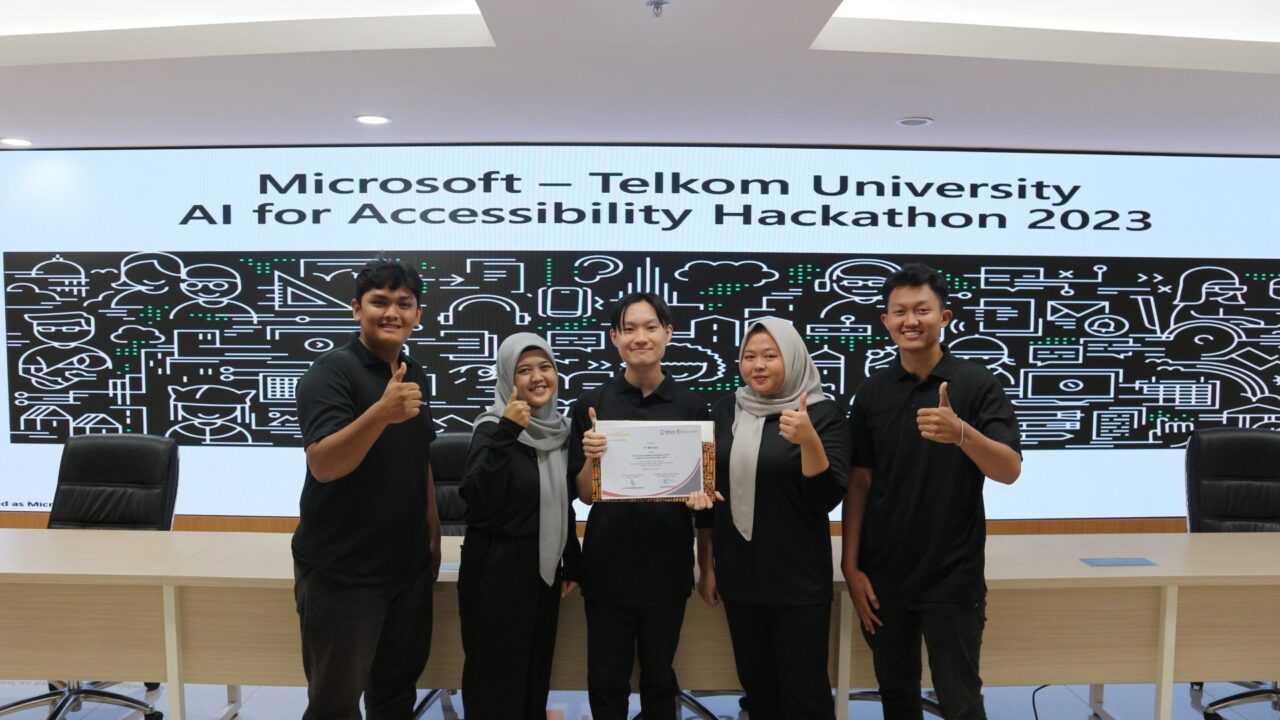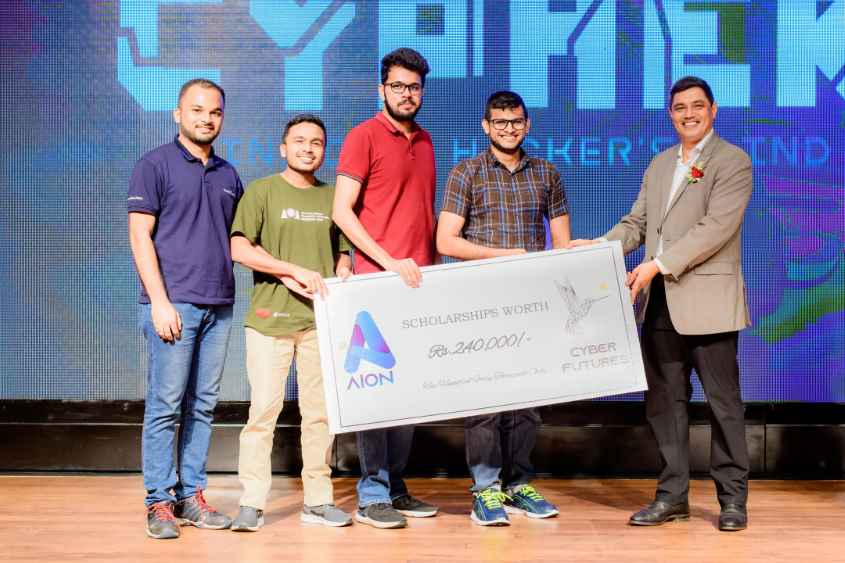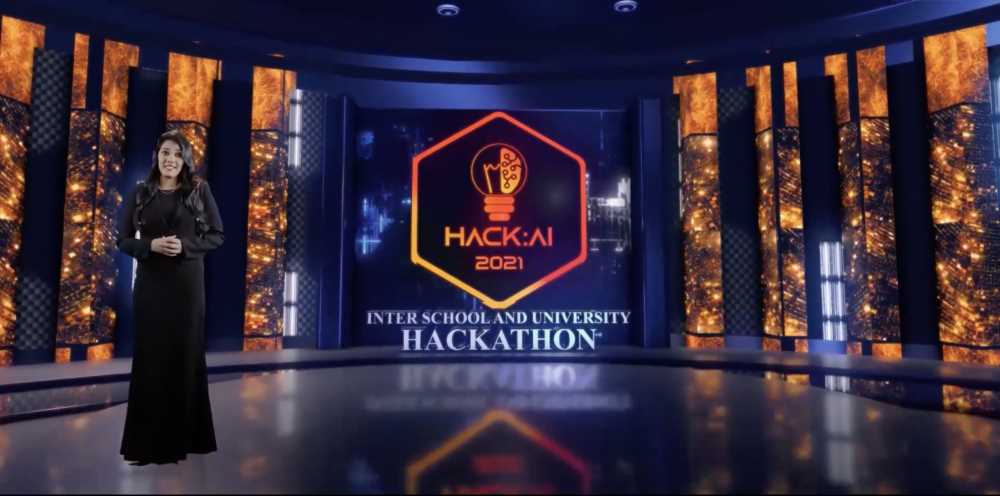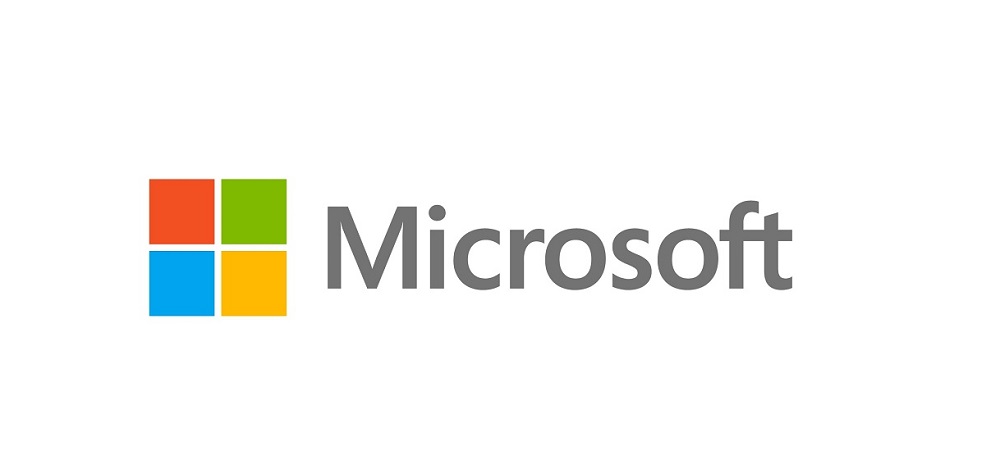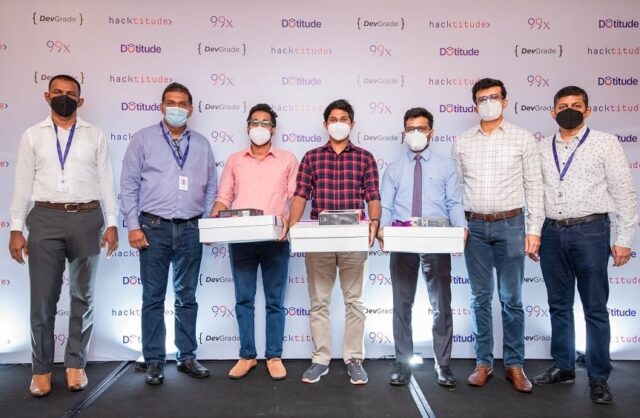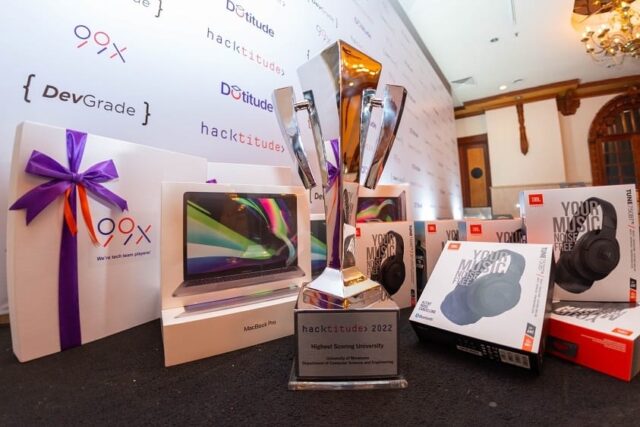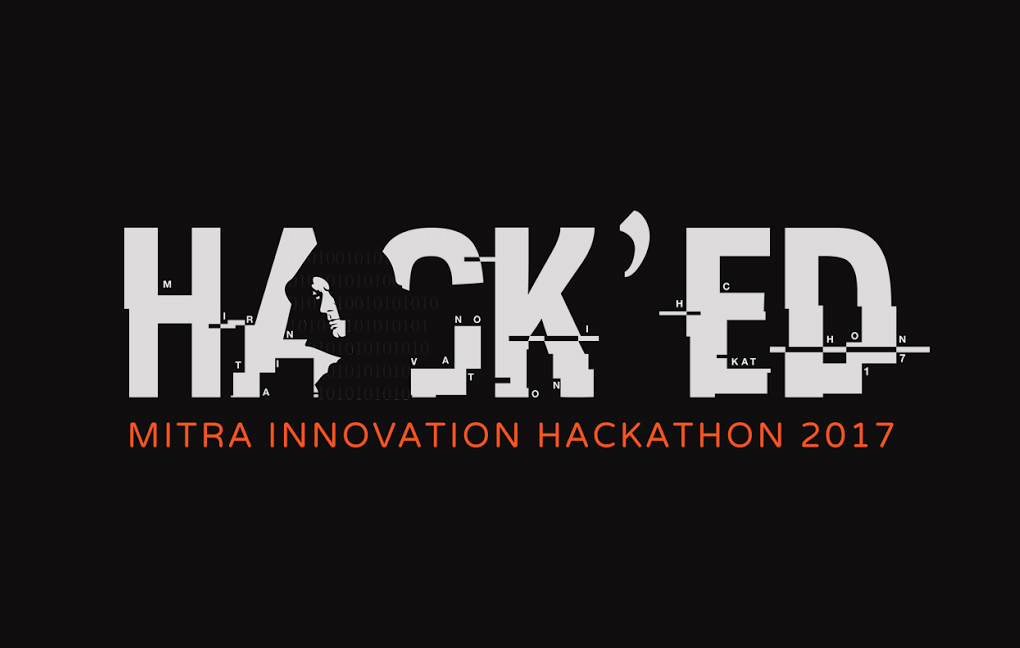Virtusa, a global provider of digital strategy, digital engineering, and IT services and solutions, held a five-day virtual Managed Services AIOps Hackathon to explore the potential of Artificial Intelligence (AI) in the realm of IT operations. Remote participation of teams from Virtusa offices across Sri Lanka and India – including teams with members from multiple locations – was facilitated through a hybrid hackathon model.
“In this age of digital transformation, businesses around the world are increasingly adopting AIOps as a disruptive force and view it as a practical and necessary element in the process of engineering next-generation IT solutions,” Venkatesan Vijayaraghavan – Executive Vice President, Head of Service Lines commented. “AIOps also leads to improved collaboration within IT teams, and improves productivity, increases output, and enhances overall service delivery to our clients, which is one of our key objectives,” added Inderjeet Singh Aidhi – Vice President, Managed Services Head.
“The Managed Services AIOps Hackathon 2023 enabled us to strengthen Virtusa’s capabilities, identify the right AIOps tools, develop our skill capacity, and cultivate Subject Matter Experts (SMEs) in the AIOps domain,” Misnad Haque, Senior Principal Architect, SRE & Observability Competency Lead at Virtusa stated. “We were thrilled with the results achieved during this hackathon, and how strongly Virtusa’s ‘Engineering First’ approach was reflected through our engineers.”
The Hackathon provided participants with an observability platform, enabling teams to explore the implementation of real-world AIOps use cases via industry-leading tools and products such as Dynatrace, Splunk, NewRelic, Datadog, AWS, and Gremlin. This comprehensive approach encompassed aspects such as Real User Monitoring (RUM), Application Performance Monitoring (APM), and Distributed Tracing for a microservices-based application virtually running off AWS compute.
“Company-wide events such as these not only encourage further exploration of AI capabilities to effectively solve real-world mission critical problems in IT operations. They also promote innovation, passion, respect and leadership – Virtusa’s very own core values.” Indika Wimalasuriya – Senior Systems Manager, Managed Services Sri Lanka commented following the event. Wimalasuriya was part of the Hackathon Organizing Committee, which also comprised members Milinda Nandasena, Vajira Gamage, Neethan Ganapathy, Isha Dewal, Susith Damitha Bandara, Mohamed Insaf, Kailanathan Maiyuran, Sameer Khan, and Sushanth Dev Janardhan.
Aside from the above-mentioned leadership and committee, the participants were mentored and assessed by a few of Virtusa’s AI enthusiasts during the hackathon, including Chaminda Wijayasundara – Vice President and Distinguished Architect, Digital Engineering – Generative AI Guild, Nisar Ahamed – Architect, Digital Engineering, and Srinivas Tatikonda – Architect, Data & Analytics.
Prizes were awarded across a number of categories, including Best End-to-End Implementation, Best Observability Implementation, and Best Presentation, with cash prizes, certificates and medals awarded to the winners in the presence of Senior Virtusa Leadership. All hackathon participants were presented with Certificates of Participation, along with the opportunity to participate in future AIOps-related learning and development programs.
Through strengthened AIOps capabilities, large volumes of data can be ingested, multiple sources of data integrated, and events correlated, in order to detect and resolve anomalies to support more efficient IT systems. These capabilities play a pivotal role in improving key performance metrics in IT Incident Management such as Mean Time to Detect (MTTD) and Mean Time to Resolve (MTTR). Virtusa’s overarching objective eventually is to develop assets and an AIOps framework that will pave the way for predictable, resilient systems, a key component in promoting the concept of reliability engineering. This will empower SRE’s to spring forward with these reusable assets while also demonstrating the significant benefits of AI-enabled operations to our prospective clients.
“Events such as this Managed Services AIOps Hackathon encourage us to focus on innovating future-ready solutions for real-world use cases, and we are grateful to Virtusa for giving us this chance to showcase our talent, and recognize our efforts during this thrilling 5-day event. It was truly a memorable experience, and we look forward to more such opportunities,” overall winners Team Datadog led by Kumaraguru Sugunan comprising Fayaz Thahir and Pasindu Rathnayake commented.



